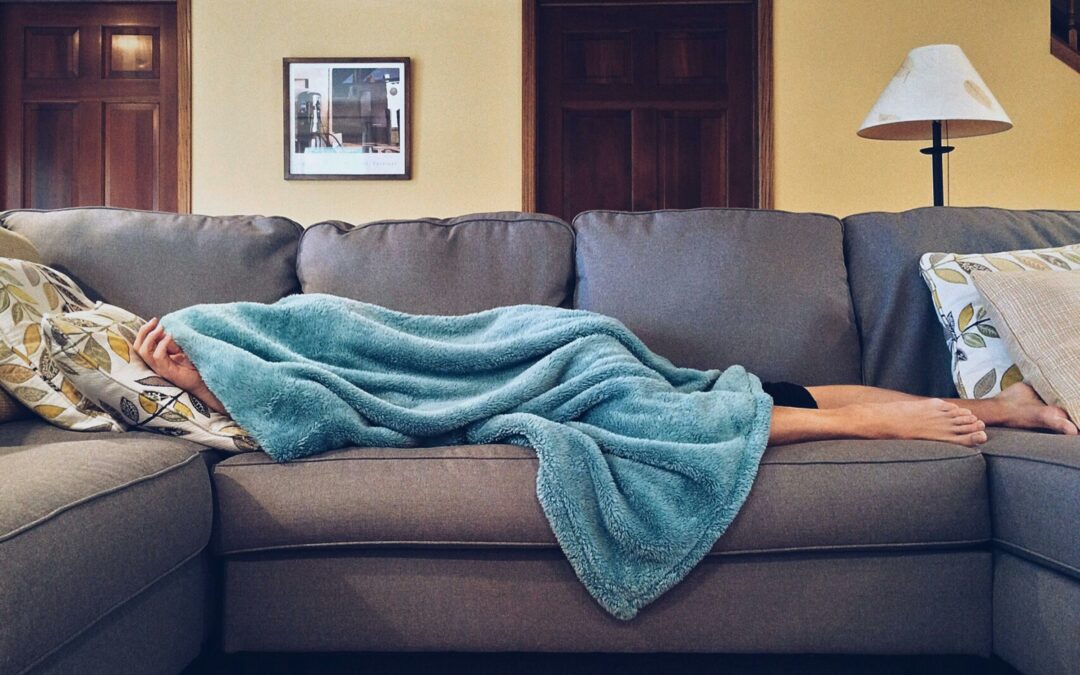As we journey through life, one thing remains constant: the importance of sleep. Yet, as we age, our relationship with sleep often undergoes significant changes. For seniors, understanding the intricacies of sleep and aging becomes crucial not only for a good night’s rest but also for overall health and longevity.
Why Sleep Matters More as We Age
Sleep plays a pivotal role in maintaining physical health, cognitive function, and emotional well-being at every stage of life. However, its significance becomes even more pronounced as we age. Here’s why:
Restorative Functions
During sleep, the body undergoes essential repair processes, such as tissue growth, muscle repair, and immune system strengthening. These functions become increasingly important for seniors to maintain vitality and resilience against illnesses.
Cognitive Health
Adequate sleep is vital for cognitive functions like memory consolidation, learning, and problem-solving. As we age, cognitive decline becomes a concern, making quality sleep essential for preserving mental acuity and reducing the risk of conditions like dementia.
Emotional Well-being
Sleep plays a crucial role in regulating mood and emotional stability. Seniors who experience sleep disturbances are more vulnerable to mood disorders such as depression and anxiety, impacting their overall quality of life.
Common Sleep Challenges Faced by Seniors
Despite the importance of sleep, aging often brings about various challenges that can disrupt sleep patterns. Some common sleep-related issues seniors face include:
Insomnia
Difficulty falling asleep or staying asleep is a prevalent issue among older adults, often attributed to factors like medication side effects, chronic pain, or underlying health conditions.
Sleep Apnea
This sleep disorder, characterized by interrupted breathing during sleep, becomes more common with age and is associated with numerous health risks, including cardiovascular problems and daytime fatigue.
Restless Leg Syndrome (RLS)
Seniors may experience uncomfortable sensations in their legs, particularly at night, leading to an irresistible urge to move them. RLS can significantly disrupt sleep and contribute to daytime sleepiness.
Tips for Improving Sleep Quality in Seniors
While aging may present challenges to sleep, there are various strategies seniors can employ to enhance sleep quality and promote better rest:
Establish a Consistent Sleep Schedule
Going to bed and waking up at the same time each day helps regulate the body’s internal clock, making it easier to fall asleep and wake up refreshed.
Create a Relaxing Bedtime Routine
Engage in calming activities before bedtime, such as reading, gentle stretching, or listening to soothing music, to signal to your body that it’s time to wind down.
Optimize Sleep Environment
Ensure your bedroom is conducive to sleep by keeping it dark, quiet, and cool. Invest in a comfortable mattress and pillows that support proper spinal alignment.
Limit Stimulants and Alcohol
Reduce consumption of caffeine and alcohol, especially in the hours leading up to bedtime, as they can disrupt sleep patterns and lead to nighttime awakenings.
Stay Active
Regular physical activity during the day can promote better sleep quality at night. However, avoid vigorous exercise close to bedtime, as it may interfere with falling asleep.
Seek Professional Help
If sleep problems persist despite trying self-help strategies, consult a healthcare provider to address any underlying medical conditions or explore potential treatments.
Sleep is a non-negotiable aspect of health and well-being, particularly for seniors striving to age gracefully and maintain their vitality. By understanding the significance of sleep in aging, identifying common sleep-related challenges, and implementing practical strategies to improve sleep quality, seniors can enhance their overall quality of life and enjoy the benefits of restorative sleep for years to come.


